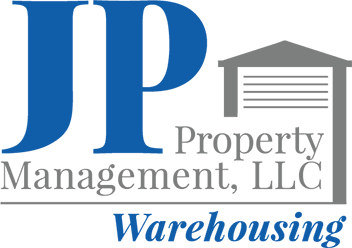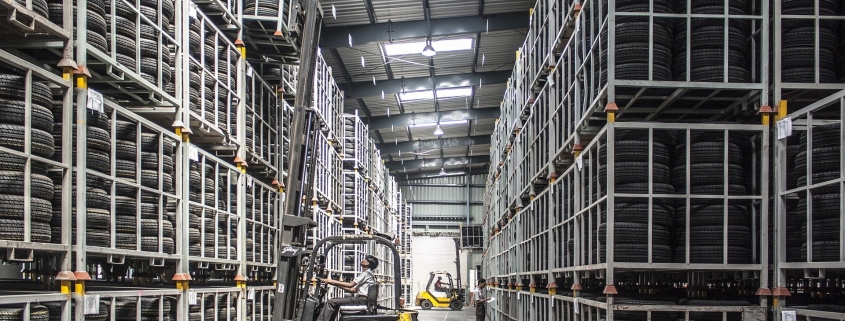Some Common Kinds of Warehouses
Warehouses are buildings that store goods as part of various supply chains. However, there are several different types of warehouses that are commonly used. Read on to find out more on some of the main kinds of warehouses today.
Distribution Centers
These centers play an important role in the earlier part of the supply chain. Distribution centers are designed to help store and ultimately sell goods in large quantities. Often, manufacturers will house their goods in these centers where they can then sell them to retailers.
Fulfillment Centers
Further down the supply chain are fulfillment centers. These are usually third party owned and handle storage, order processing, packing and shipping for a retail company’s goods. Many online retailers send their goods to fulfillment centers because this is cheaper and more logistically manageable than owning a warehouse. Once customers place orders, the fulfillment center handles order fulfillment (hence the name).
Cross-dock Warehouses
Sometimes, goods do not need to be actually stored at all, just transferred from one transportation mode to another. Cross-dock buildings work as distribution centers where goods often go straight from one carrier to sorting, and then out the door with a truck. These warehouses are helpful for sorting goods for a single retail store into one truck for delivery. This avoids having trucks deliver for multiple stores, which would be inefficient.
Temperature-controlled and Climate-controlled Buildings
These warehouses are helpful for managing perishable or sensitive goods. Temperature control in a warehouse entails a series of heating and/or cooling units that keep a steady temperature range for products. Climate control is a bit more involved. It allows warehouses to control humidity and airflow as well, enabled by insulation, dehumidifiers, and other systems. These complex warehouses help protect against mold, dust, pests, and more for very sensitive goods.
Hazardous Material Warehousing
When a company needs to store flammable, caustic, radioactive, and otherwise hazardous materials, they use specialized warehouses. There are specific storage containers these warehouses use to store hazardous materials. They tend to be located further out from populated areas as well, given their risk. Plus, the employees in these warehouses often have training to handle hazardous materials. They have specialized protective equipment to help them safely manage the goods they store.
Automated Warehouses
Automation in warehouses is a key way to improve efficiency. An automated warehouse can leverage tracking technology, modern equipment, and distribution software to dramatically decrease risk and improve turnaround time. Today, most warehouses have some element of automation involved, from software to hardware and more.
Private Warehouses
Some large companies may invest in their own warehousing for their goods. This requires a huge investment on the front-end to plan and build a warehouse. However, for large enough companies, this can save money over the long term. This also gives them control over custom warehouse features like climate control, hazardous material management, automation, and the like.
JP Property Management specializes in customized warehousing for our clients’ needs. We understand the ebb and flow of business. We can also work with you to come up with a tailor-made solution for your products. Whether you need seasonal storage space, long term warehousing, or anything in between, we are happy to accommodate your needs. Interested in learning more? Give us a call at 502-550-7126 or visit our website today to learn more and request a quote!



